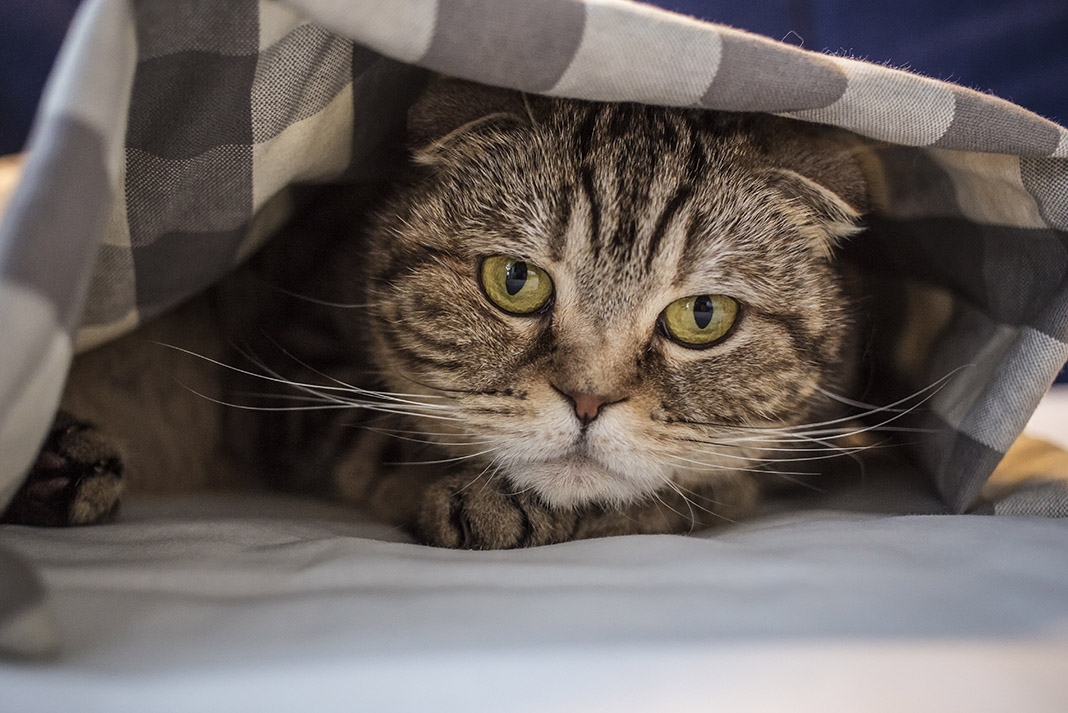pet advice
Toilet trouble?
words by
catherine harper // Barossa Veterinary clinic

Let’s start with food
A lot of commercial supermarket formulations of dry biscuits have high level of salts.
This factor, combined with being a desexed male who tends to have some weight issues, can significantly increase the risk of urinary problems.
These salts are an issue in two ways. The first is they tend to make the urine alkaline and the second is that by being present in higher quantities.
Combined with the alkaline urine they can form crystals which block the cat’s urethra, preventing them from urinating.
When this happens, it is an emergency and requires immediate veterinary intervention to resolve.
Fortunately, once unblocked, these boys continue to have a high quality of life.
A diet change and weight loss programme will mean they rarely have further issues.
These special urinary diets work by maintaining urine at an acidic pH and only using high quality ingredients to limit the amount of salt present.
They are prescription diets and should only be used when recommended by a veterinarian.
However, all premium cat foods (Royal Canin, Advance and Hills) contain preventative measures to keep boy cats safe.
Now let’s consider stress
Cats are sensitive beings and prefer to live either alone or in stable groups.
They are territorial and do not like others entering their domain (think cat fight abscess!) as well as disliking other changes to their environment…moving house, new babies, puppies or kittens, renovations and visiting relatives.
During these times, or when other cats are about it can make them stressed, and this will often present with urinary issues.
The most common complaints are straining to urinate or urinating in inappropriate spots.
Owners often attribute this to infection, but we know that most of the time it is a sterile cystitis (inflammation of the bladder).
Conditions associated with stress can be quite frustrating to manage, with trial and error involved to get to the root of the problem.
The first step is to identify the stress and do what you can to limit it.
Then use pheromones, like Feliway which help to naturally reduce stress, prescription food to support bladder health and anti-inflammatories to settle the irritation.
Preventative measures, when the stressor can be anticipated, often help reduce the risk of stress related issues. These include:
• Using pheromones or natural calming products prior to and during the event.
• Ensuring enough litter trays are available in the house. The rule of thumb is there should be one for every cat plus an additional one and they need to be in different locations.
• Having a safe area for cats away from the stressor they can go to hide.
If you are concerned about your cat’s urinary health or the effect their diet could be having on their wellbeing, book an appointment with your veterinary professional to have a chat and get things on the right side of the kitty litter.





